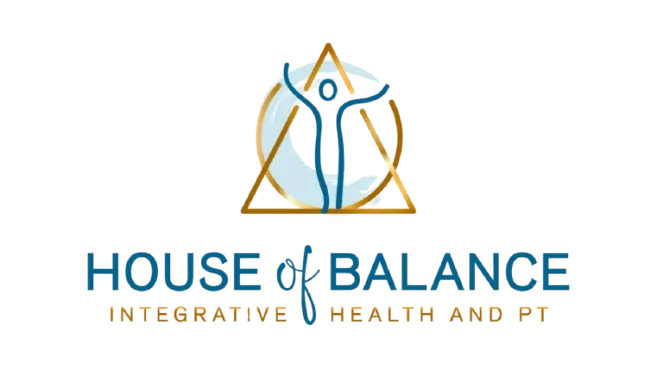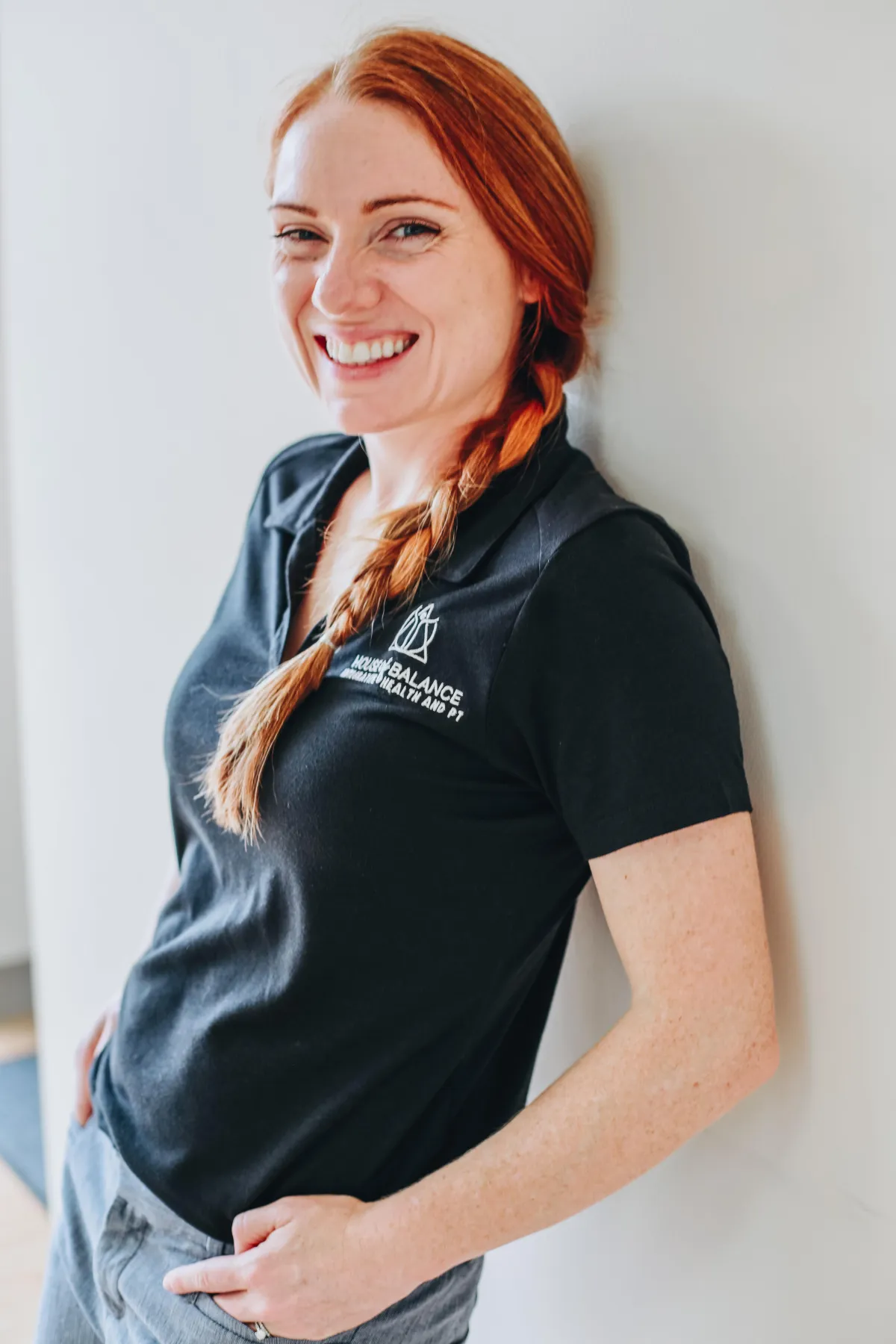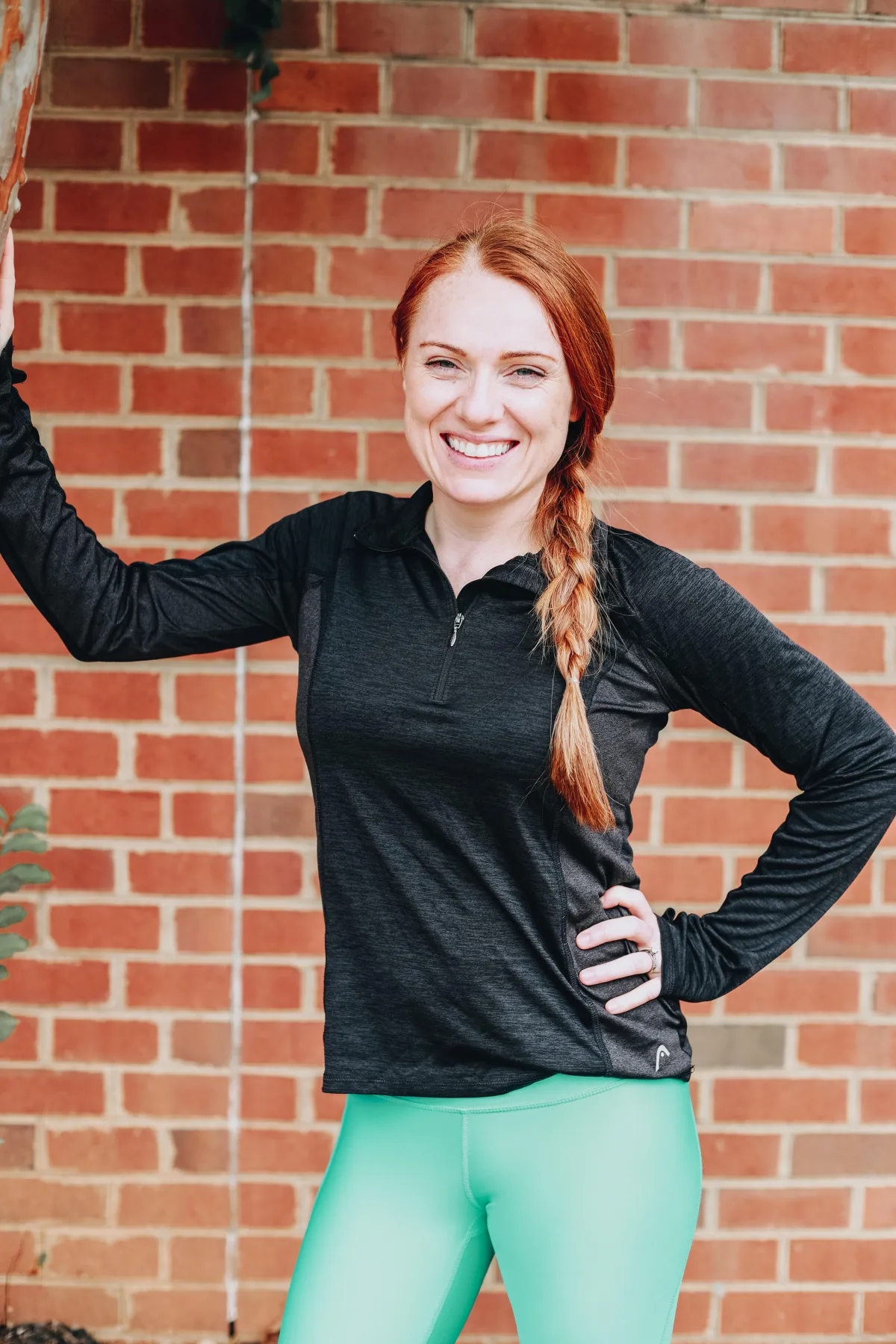
Reclaim Your Health, Redefine Your Life
At House of Balance Integrative Health & PT, we’re igniting a movement to empower you to take charge of your wellness journey – transforming pain into potential and embracing whole-body healing for lifelong vitality.



Are You Ready to Break Free?
• Tired of being dismissed by healthcare providers who treat symptoms but ignore root causes?
• Frustrated by chronic pain, dizziness, or post-pregnancy challenges that just won't resolve?
• Exhausted from bouncing between specialists without finding real answers?
• You're not alone – and more importantly, you're not out of options.
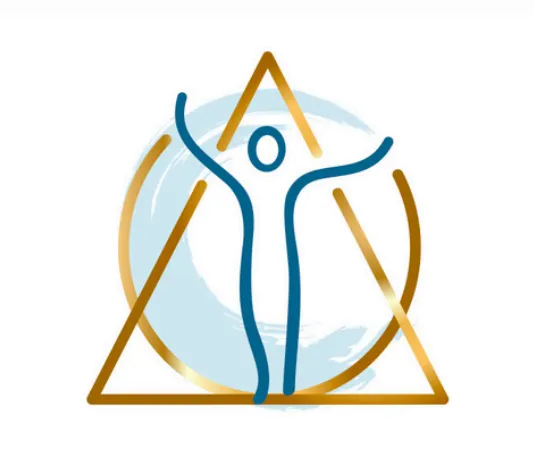
Our Services
Ways we can work together
Meet Dr. Steph: Your Partner in Healing
House of Balance was built on a mission to revolutionize healing, inspired by the challenges faced by countless individuals seeking answers beyond traditional healthcare. Steph’s principles of healing are born out decades of formal study, private mentorship, helping others with pain and dizziness, and trouble-shooting her own life-long health struggles.
Prior to becoming a physical therapist, Steph was a high-performing Division I athlete. Her body finally succumbed to many serious health issues during her graduate studies at physical therapy school. Conventional healthcare and recommendations failed her completely, and she was forced to look deeper for healing. After years of education through practitioners and private study, Steph has learned the tools to go beyond pain and dizziness in order to build more resilience, ease, and joy in life.
At House of Balance, we take you beyond symptom relief and temporary fixes. Our proven approach targets your specific limitations while optimizing whole-body function, giving you lasting results and effortless movement. Experience true lasting transformation, not just temporary fixes.
Meet Dr. Steph: Your Partner in Healing
House of Balance was built on a mission to revolutionize healing, inspired by the challenges faced by countless individuals seeking answers beyond traditional healthcare. Steph’s principles of healing are born out decades of formal study, private mentorship, helping others with pain and dizziness, and trouble-shooting her own life-long health struggles.
Prior to becoming a physical therapist, Steph was a high-performing Division I athlete. Her body finally succumbed to many serious health issues during her graduate studies at physical therapy school. Conventional healthcare and recommendations failed her completely, and she was forced to look deeper for healing. After years of education through practitioners and private study, Steph has learned the tools to go beyond pain and dizziness in order to build more resilience, ease, and joy in life.
At House of Balance, we take you beyond symptom relief and temporary fixes. Our proven approach targets your specific limitations while optimizing whole-body function, giving you lasting results and effortless movement. Experience true lasting transformation, not just temporary fixes.

Target Your Specific Limitations
We combine a comprehensive expertise in physical therapy with an integrative understanding of the body's interconnected systems. Our approach goes beyond standard PT exercises to include care in, but not limited to:
• Migraines, Neck, Shoulder, and Back Tension
Combining musculoskeletal, positioning, and nervous system retraining to combat these prevalent symptoms in our digital age.
• Concussions, Traumatic Brain Injuries (TBIs), and Dizziness
Advanced vestibular and neurological rehabilitation tailored to your recovery.
• Expert Care for Hypermobility Spectrum Disorders
Targeted treatments for joint instability and related challenges.

Target Your Specific Limitations
We combine a comprehensive expertise in physical therapy with an integrative understanding of the body's interconnected systems. Our approach goes beyond standard PT exercises to include care in, but not limited to:
• Migraines, Upper Shoulder, and Back Tension Combining musculoskeletal, positioning, and nervous system retraining to combat these prevalent symptoms in our digital age.
• Concussions, Traumatic Brain Injuries (TBIs), and Dizziness Advanced vestibular and neurological rehabilitation tailored to your recovery.
• Expert Care for Hypermobility Spectrum Disorders Targeted treatments for joint instability and related challenges.
Get Lasting Results
• Nervous System Regulation Techniques
Expert guidance to balance and unlock your body’s natural healing processes.
• Core and Pelvic Floor Repatterning
Build a solid foundation to increase strength, stability, and decrease pain for a truly life-changing body movement upgrade.
• Chronic Pain and Muscle Tightness
Mind-Body solutions to release tension and restore ease in movement.
• Functional Medicine Principles
Holistic and integrative approaches to address root causes of wellness concerns.
Get Lasting Results
• Nervous System Regulation Techniques
Expert guidance to balance and unlock your body’s natural healing processes.
• Core and Pelvic Floor Repatterning
Build a solid foundation to increase strength, stability, and decrease pain for a truly life-changing body movement upgrade.
• Chronic Pain and Muscle Tightness
Mind-Body solutions to release tension and restore ease in movement.
• Functional Medicine Principles
Holistic and integrative approaches to address root causes of wellness concerns.

Get Your Extremely Personalized Care
“What truly sets my practice apart isn't just the techniques – it's the understanding that every person's healing journey is unique. I've walked (and sometimes crawled) my own obstacle-ladened path, and have helped thousands do the same. I'm here to offer you extremely personalized care so that you can find your way back to vitality with shorter detours and fewer setbacks.”

Get Your Extremely Personalized Care
“What truly sets my practice apart isn't just the techniques – it's the understanding that every person's healing journey is unique. I've walked (and sometimes crawled) my own obstacle-ladened path, and have helped thousands do the same. I'm here to offer you extremely personalized care so that you can find your way back to vitality with shorter detours and fewer setbacks.”



Hurry Up!!
Get Your Free Guide On How To Immediately Decrease Pain

Your Path to Lasting Recovery
Here's what makes the House of Balance approach unique:
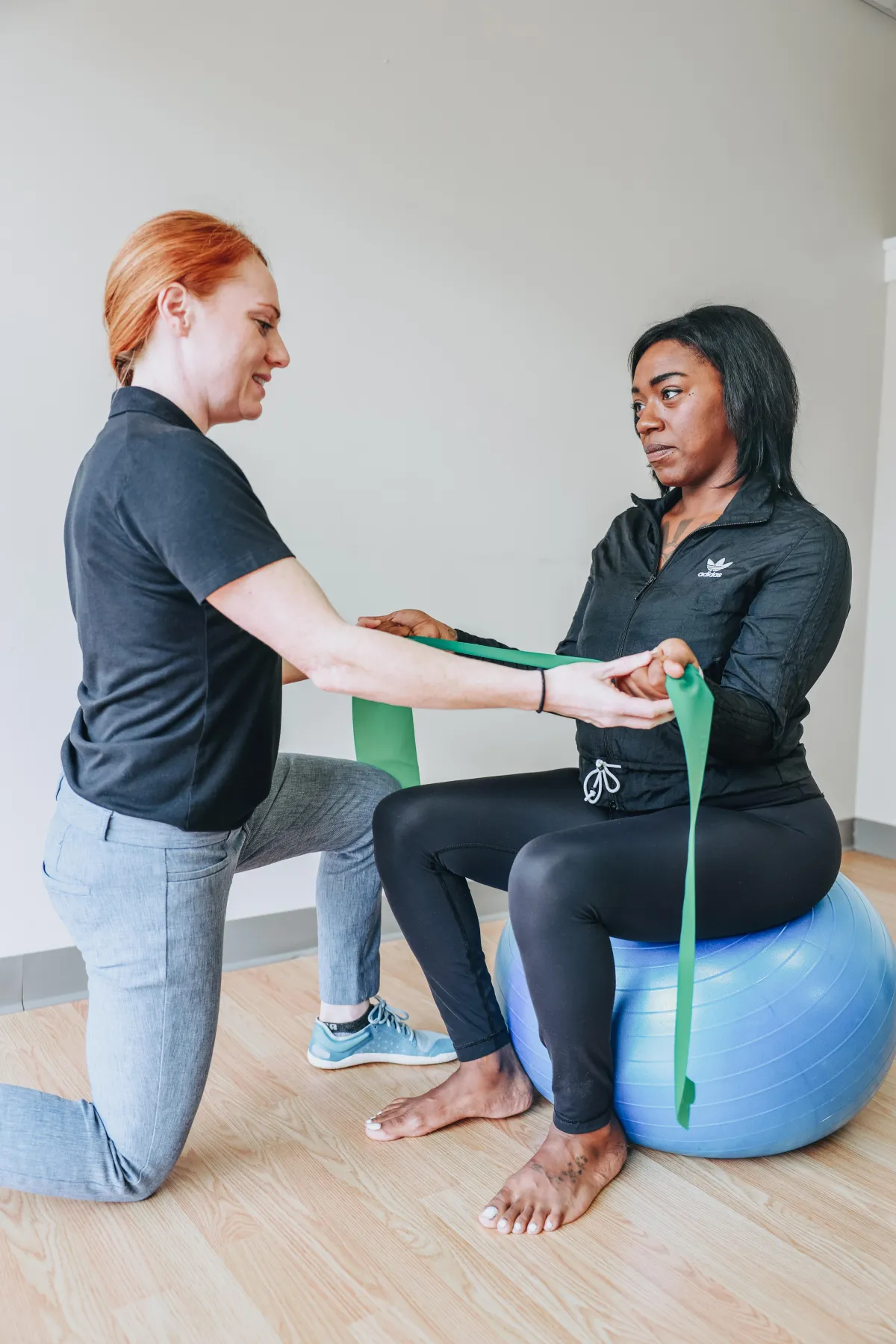

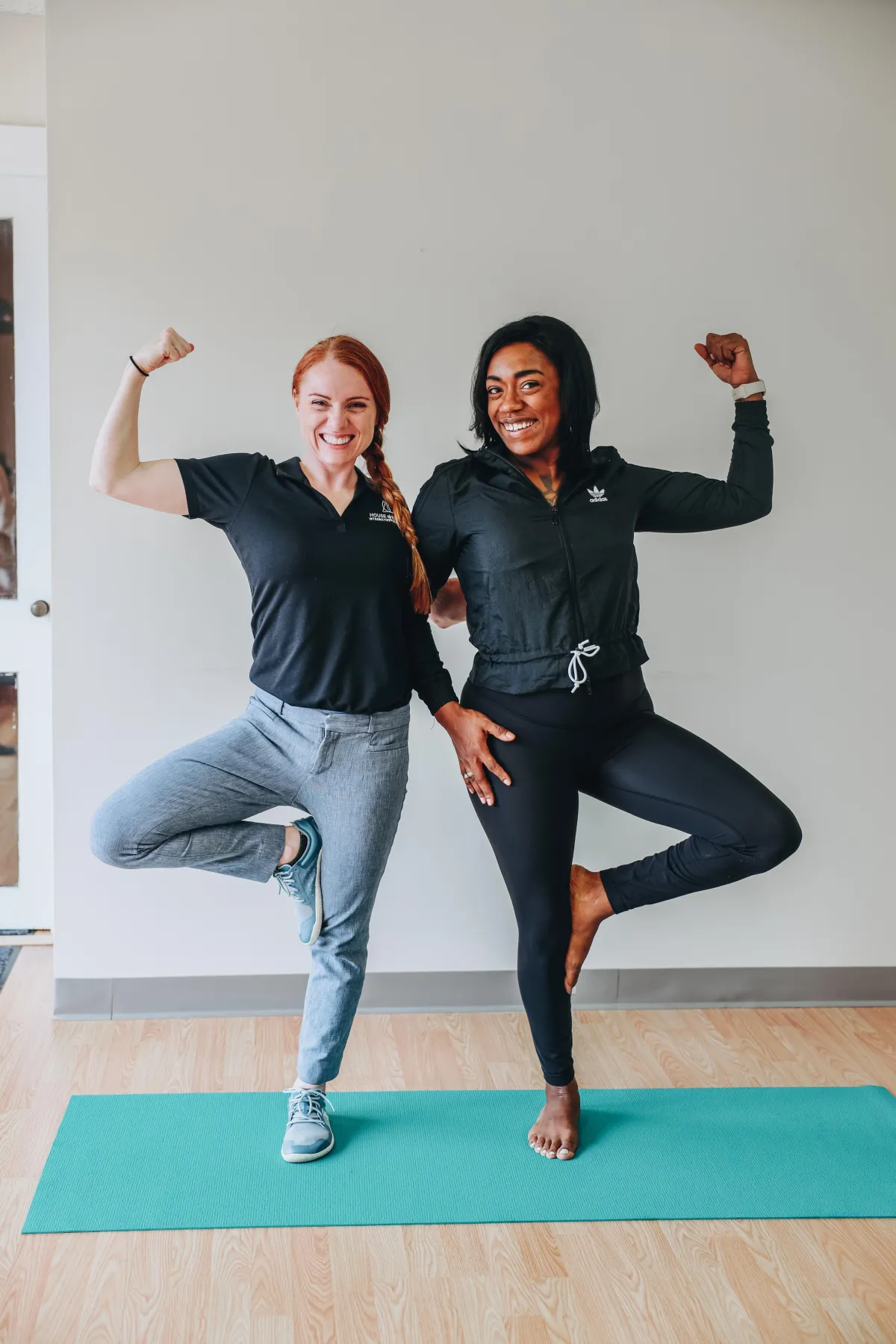
Your Transformation Starts Here
Take the first step toward lasting wellness with our comprehensive evaluation. Together we'll:
Uncover the root causes of your symptoms
Create a personalized roadmap to recovery
Equip you with tools for long-term health
Support you every step of the way
The Project:
Flodesk opt-in form and email welcome sequence
Describe the before and after situation of the client, specifically what they were struggling with that motivated them to work with you. Use this space to list out a few specifics that you achieved together:
what we achieved #1
what we achieved #2
what we achieved #3
what we achieved #4
Wrap it up with the transformation that the client experienced and how it positively impacted their business or life in general.
The Project:
Show it website template customization and SEO
Describe the before and after situation of the client, specifically what they were struggling with that motivated them to work with you. Use this space to list out a few specifics that you achieved together:
what we achieved #1
what we achieved #2
what we achieved #3
what we achieved #4
Wrap it up with the transformation that the client experienced and how it positively impacted their business or life in general.
Testimonials
“I was referred for vestibular and balance therapy. My therapist was Stephanie House. I began working with Steph back in August. At the time, I was in such terrible pain that I was having a hard time getting around not only due to my foot drop and how it affected my hip-hiking but my compensated gait ended up leading to a torn meniscus. Steph worked with me to not only reconstruct all the muscles around me knee but also retrain the gross motor skills in my hips and leg to allow me to not only get back to a semi-normal gait but get out if pain and my braces. ...Steph brings four key things that differentiate her style of therapy. First, she explains every exercise to ensure I understand the muscles groups it is working and truly understand the benefit of the exercise. Second, she brings optimism to everyday which provides me as a patient who has battled this for 4 years, with hope! Third, she has shown me ideas and taught me strength training yoga that took the standard set of exercises and enhance it. To get both neuro PT and strength training yoga incorporated has fueled me to incorporate this into much of my daily life. And finally, her approach to a balance of eastern and western therapeutic ideas has broadened my view on possibilities! I can’t thank Steph enough for everything she has done for me.”
- Ashley K
“When I came to Stephanie I was in bad shape. I had pretty bad balance issues and had experienced some decompensation in my vision (that we know now) from a concussion. Stephanie worked with me patiently and tirelessly to work with where I was at and get me to where I wanted to be. She has been the only physiotherapist to date that has "yes anded" exercises and modifications, incorporating things I wanted to do into the exercises so they didn't become dry and repetitive. I can't recommend Stephanie highly enough.”
- S. Kulk
“Stephanie performed a comprehensive assessment and developed a program which incorporated yoga. The results were immediate. I have since incorporated a regular yoga routine into my fitness program. I am happy to report that my balance has improved and my confidence has returned.”
- Chris P
“House of balance helped me get out of chronic neck pain I have been trying to overcome for 3 years. The methods are alternative to what most PT use and it ultimately takes you back to the basics of your body and has you dive deep within yourself to help find the best method in healing and moving forward as pain free as possible. Great life and coaching advice to be a better you. I highly recommend trying!”
- Ashley Palmer
Schedule your initial consultation today and experience the difference that truly personalized, whole-body care can make.
FAQ'S
Question #1: Do you take insurance?
House of Balance does not participate in insurance. Some services may be covered by your insurance. Your invoice may act as a superbill if you choose to file on your own. Some of the benefits of not participating in insurance:
- No more wait times for "insurance approval" to start therapy and no more breaks during the course of therapy for "insurance re-authorization".
- You and your provider have the power to decide how many sessions are right for you and what activity level you want to be able to get to before ending therapy.
- Your provider is not motivated by insurance reimbursement when choosing treatment options.
You get the best treatment for your individual needs. Period.
Question #2: How does your approach work?
Whole-body PT and Mind-Body approach.
Most PT clinics focus solely on stretching and strengthening one body area in isolation. But we know that the body works together and dysfunction in one area can lead to pain and dysfunction in another area.
We also know that pain is not just a physical issue. We understand pain science and recognize that factors like stress, nervous system dysregulation, sleep, and inflammation can contribute to dysfunction—and we address them all.
🔹 Example 1: Shoulder Pain
A traditional PT approach might focus on stretching, strengthening, and manual techniques, but we look deeper. Through a detailed movement assessment and health history, we might identify general core stability deficits, poor sleep hygiene, high stress levels, or nervous system dysregulation as contributing factors. Instead of treating the shoulder in isolation, we create a comprehensive plan that not only relieves pain but improves movement patterns, sleep, stress resilience, and muscle tension cycles throughout the entire body to prevent future issues.
🔹 Example 2: Dizziness & Migraines
We combine a musculoskeletal and neurological approach for optimal relief. This includes balance and eye re-training, strengthening, motor repatterning, mindset coaching, nervous system regulation techniques, and migraine management tools (including diet and lifestyle education). This whole-body approach helps clients regain control over their symptoms rather than just managing flare-ups.
Our Expertise—Without Overstepping
While we provide a broader scope of care than a traditional PT, we stay within our expertise and pride ourselves in the amazing community of specialists we collaborate with. When your needs extend outside of our scope, we will help you cultivate an individualized and comprehensive team.
At House of Balance, you’re not just getting a rehab plan—you’re gaining the tools to heal deeply, move freely, and reclaim your quality of life.
Question #3: How do I know House Of Balance is right for me?
If you’re tired of short appointments, generic exercises, and feeling dismissed, House of Balance was built for you.We specialize in working with people who:
✔ Have been stuck in cycles of chronic pain, dizziness, or mobility issues—without clear answers.
✔ Are frustrated by traditional healthcare and want a deeper, more comprehensive approach.
✔ Need one-on-one, expert care that prioritizes you — not insurance restrictions.
✔ Want to treat the root cause, not just symptoms, using an integrative and whole-body approach.
We are stubbornly committed to bringing relief through a one-on-one relationship with a physical therapist who has walked the path and committed her life and career to helping people like you.
Dr. Stephanie House has spent her career as a physical therapist working in multiple settings including large hospital systems, rehabilitation centers, in-home care, and outpatient clinics. While working with people at different stages of healing, Dr. House developed an expertise in treating movement-related dysfunction in people with vestibular issues and chronic conditions including chronic pain, digestive health, neurological disorders, metabolic conditions, and autoimmune disease. She also discovered that her capacity to truly change people’s lives was severely limited by the traditional physical therapy settings she had worked in. She found herself completely torn between knowing the tools that helped patients and being able to implement them with time, visit, and insurance restraints. Eventually, it became too clear that she needed to offer help in a different way. House of Balance was born in this yearning to help people without insurance boundaries to meet people where they are at and give them the tools for life transformation.
Question #4: What Makes House of Balance different?
🔹 Deep Expertise & Proven Methods
Led by Dr. Stephanie House, a Doctor of Physical Therapy with additional training in:
🔹 Vestibular Assessment & Neurological Rehab (for dizziness, concussions, TBIs)
🔹 Pregnancy & Postpartum Recovery (pelvic floor rehab, diastasis recti, postpartum strength)
🔹 Dry Needling & Advanced Manual Therapy (to reset pain patterns and improve mobility)
🔹 Certified Yoga Teacher
🔹 Nervous System Regulation
🔹 Lifestyle Medicine
🔹 Functional Movement and Functional Medicine Principles
We go beyond the barriers of insurance-dictated physical therapy to treat you like you should be treated - a whole person with connected systems and limitations. Our holistic approach gets to the root of the problem and creates long-term solutions—not temporary fixes.
🔹 Unmatched one-on-one care. Unlike traditional PT clinics, you get undivided attention from an expert who actually listens, adapts, and personalizes treatment for your unique body and history.
If you’ve been searching for a comprehensive, evidence-based, and compassionate approach to healing, House of Balance is for you.
💡 The best way to know? Let’s talk. Schedule a call and see how we can help!
By providing my phone number, I agree to receive text messages from the business.
follow along @houseofbalancept
Copyright © 2025 House of Balance | Privacy Policy | Terms & Conditions










